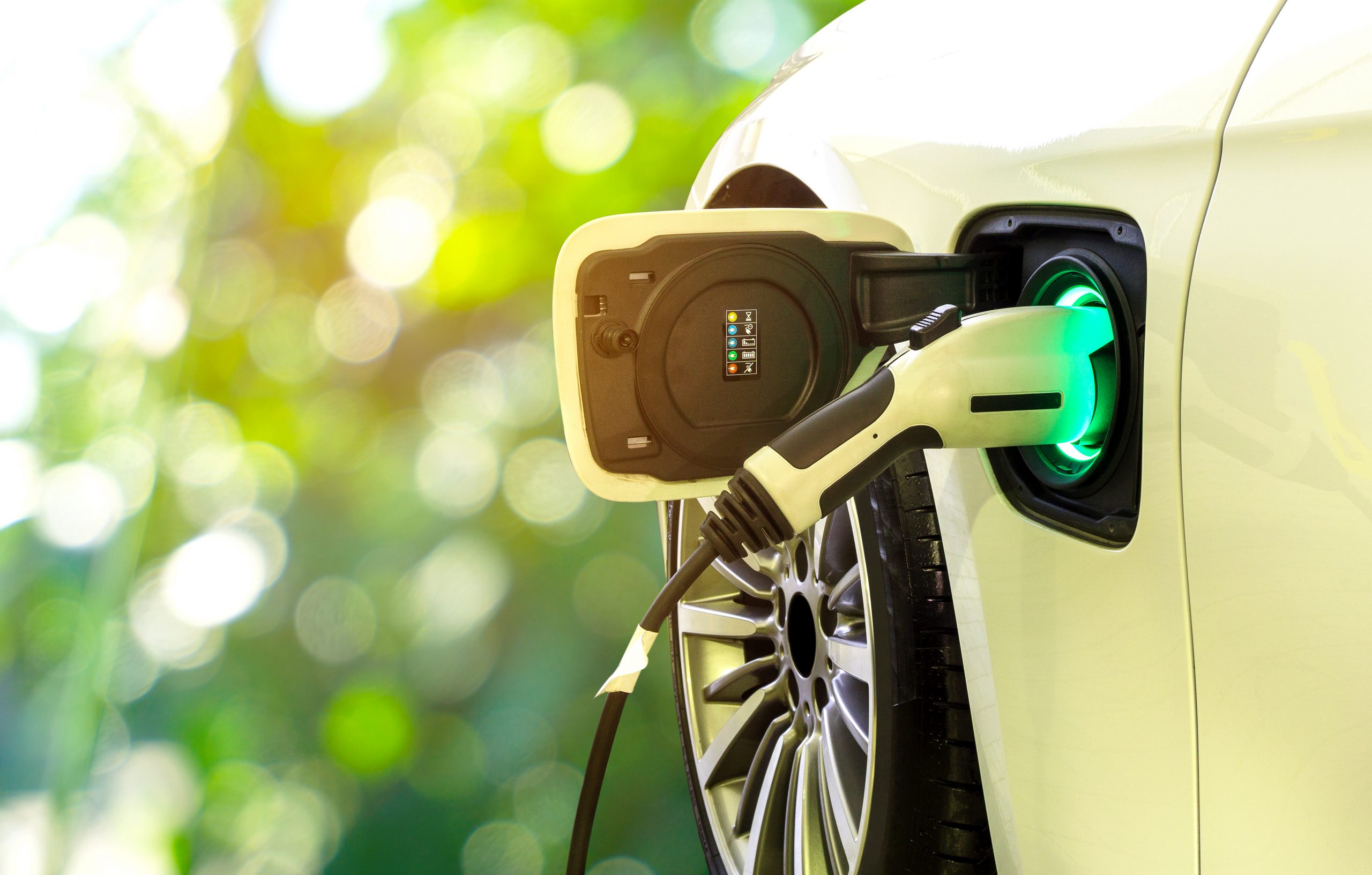Insurance
Postcode lottery for electric car owners

Electric car drivers face a postcode lottery when it comes to electric vehicle charging costs, with some local authorities offering free charging and others charging a fee of up to £4 for every kWh.
Research by British Gas found there are 21 councils across England and Wales, including Leeds, Bridgend and Woking, where it is completely free to charge your electric vehicle using council owned public chargers.
But in other areas where drivers have to pay for charging, there is a risk the number of people switching to electric may start to fall behind other areas as the driving population moves from early to mass adoption.
According to British Gas, to charge from empty to full at the country’s most expensive chargers would cost EV drivers £240, based on average battery capacities. The same car would cost just £3.90 to charge at home, using a dedicated off-peak electric vehicle tariff. The energy giant says this ‘driveway discrimination’ is likely to leave many drivers without access to home charging behind in the race to switch to EVs in time for the 2030 petrol car ban.
Research commissioned by British Gas under a Freedom of Information request to more than 400 councils shows that drivers in the South are being charged more than a quarter (28%) more than those in the North to top-up their electric cars using the cheapest council owned chargers.
It costs drivers in the South (East Anglia, London, the South East and South West of England) 32p per kWh to recharge compared with just 25p per kWh for people in the North (Wales, the Midlands, the North East and North West of England and Yorkshire & The Humber), based on the average price of the cheapest council owned chargers in each area.
Although drivers in the South may have access to 1,468 more on-street charging points than their Northern counterparts, it seems they are having to pay more to use them. British Gas says this location discrimination leaves drivers unfairly out of pocket and makes the transition to EVs less accessible ahead of the 2030 ban on new petrol and diesel cars.
Despite this, drivers remain keen to switch to greener models, as the research reveals that half (49%) would consider purchasing an electric vehicle as their next car. However, almost one in three (29%) named expensive public charging costs as one of the biggest barriers to switching to an EV, alongside the outlay for the car and the fact that government incentives do not cover enough of the costs.
Drivers are confused about the information available on EVs, with three in five (60%) saying they feel there is a lack of information on both public and home charging costs.
Out of all the regions in England and Wales, the West Midlands is leading the way by making public charging more financially accessible to all, costing 20p per kWh to charge on average using the cheapest council owned chargers available. The East Midlands is the next cheapest region to charge, at 22p per kWh on average.
Two of the home nations, Scotland and Northern Ireland, go further and are home to government mandated, subsidised and maintained public EV charging infrastructure: the ChargePlace Scotland and ecarNI networks, offering free or heavily discounted charging.
Charging prices also vary between councils. The data British Gas collected reveals the most expensive public chargers are within Bournemouth, Christchurch and Poole (BCP) council on the south coast and Cotswold council in the South West. The most expensive chargers in these areas cost £4 per kWh.
Lucy Simpson, head of EV enablement at British Gas, said: “The latest figures released today demonstrate the need for all UK councils to play their part in supporting the transition to electric vehicles. Currently, we have 21 progressive councils that have decided to support local EV adoption, so we would expect a greater uptake of EVs to come through in these areas than in councils where it is expensive to charge. If charging doesn’t become more accessible in these areas, we could see a slower rate of adoption.
“Whilst the government does offer certain financial incentives at the point of purchase, charging costs are still a barrier to electric vehicle adoption. With 29% of drivers citing expensive public charging as one of the main reasons holding them back, it’s unfair that those who don’t live in areas with either free or low cost charging are being discriminated against based on their address. If this continues, we risk leaving a huge number of drivers behind in the transition to electric cars.”